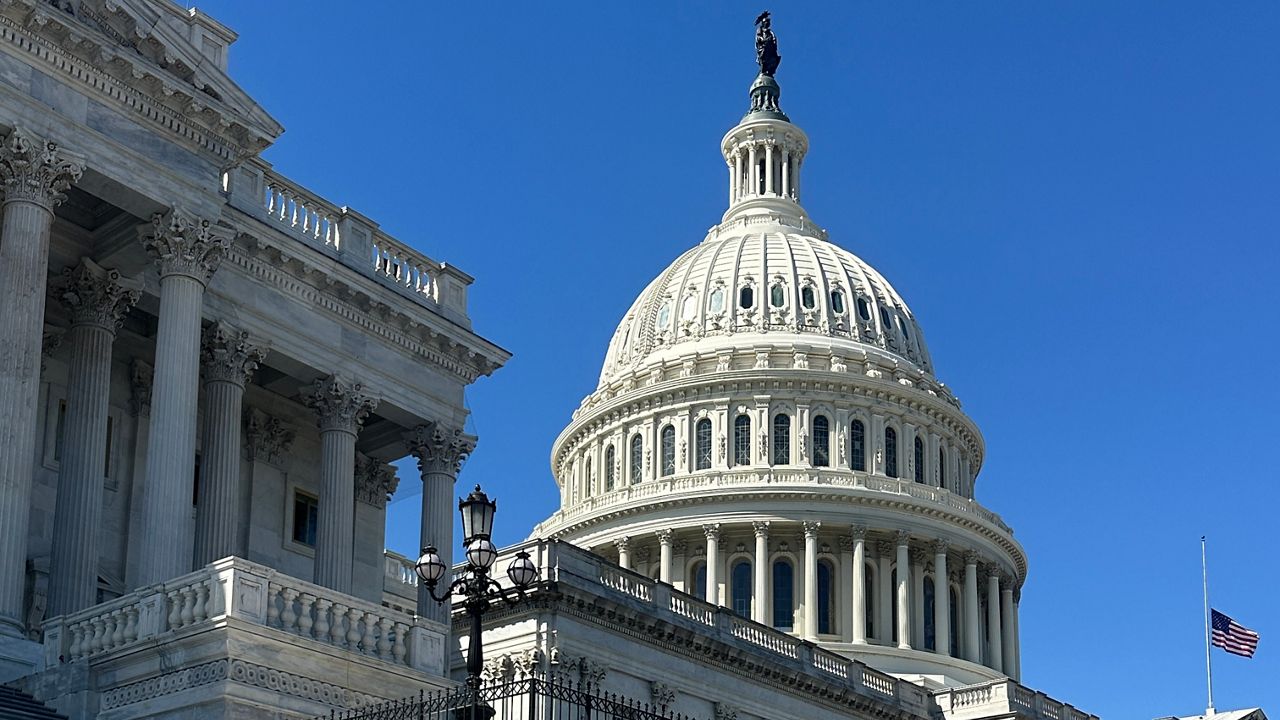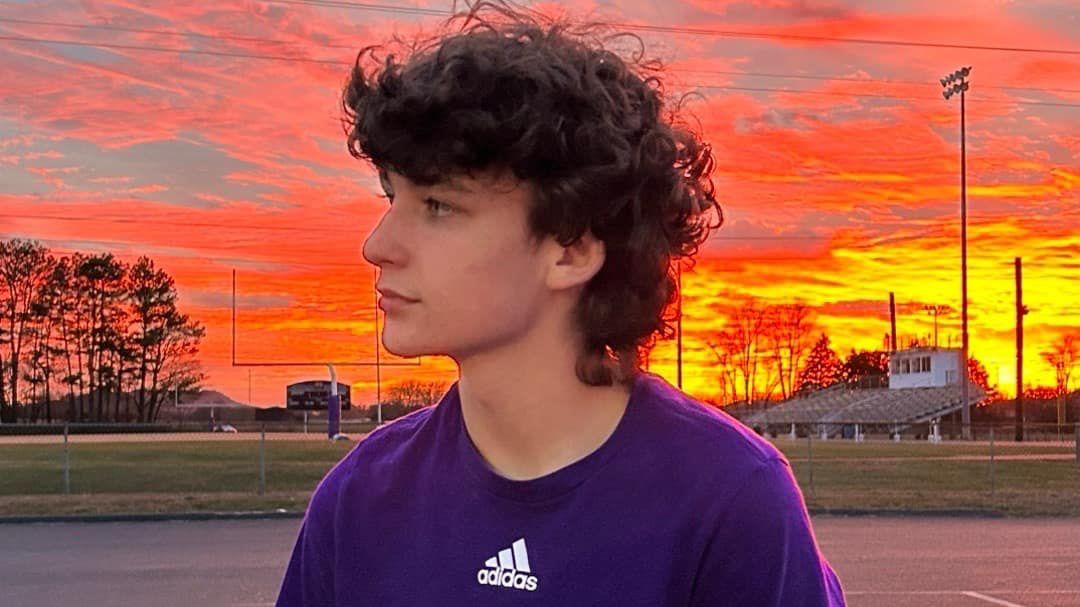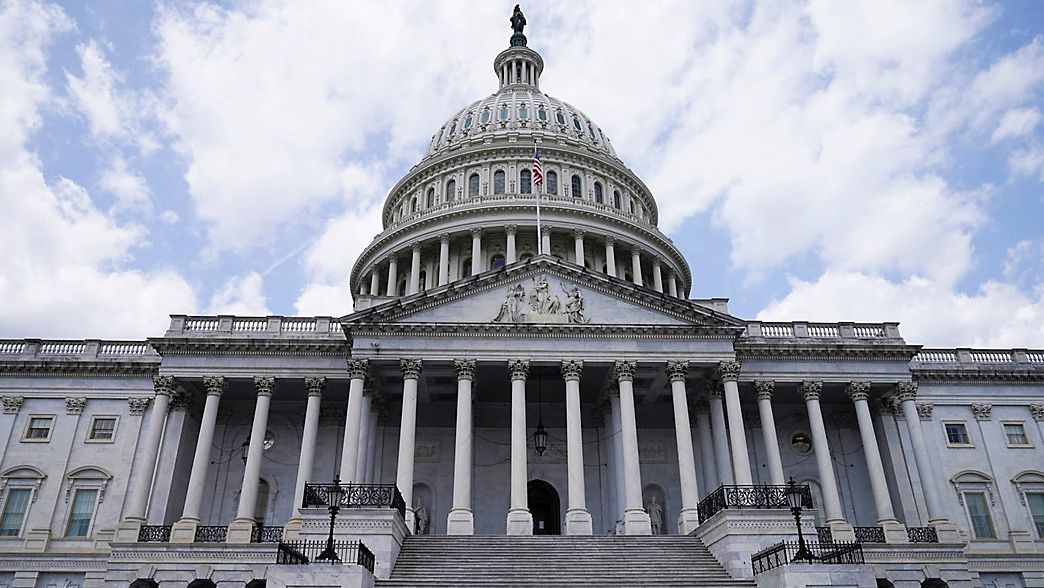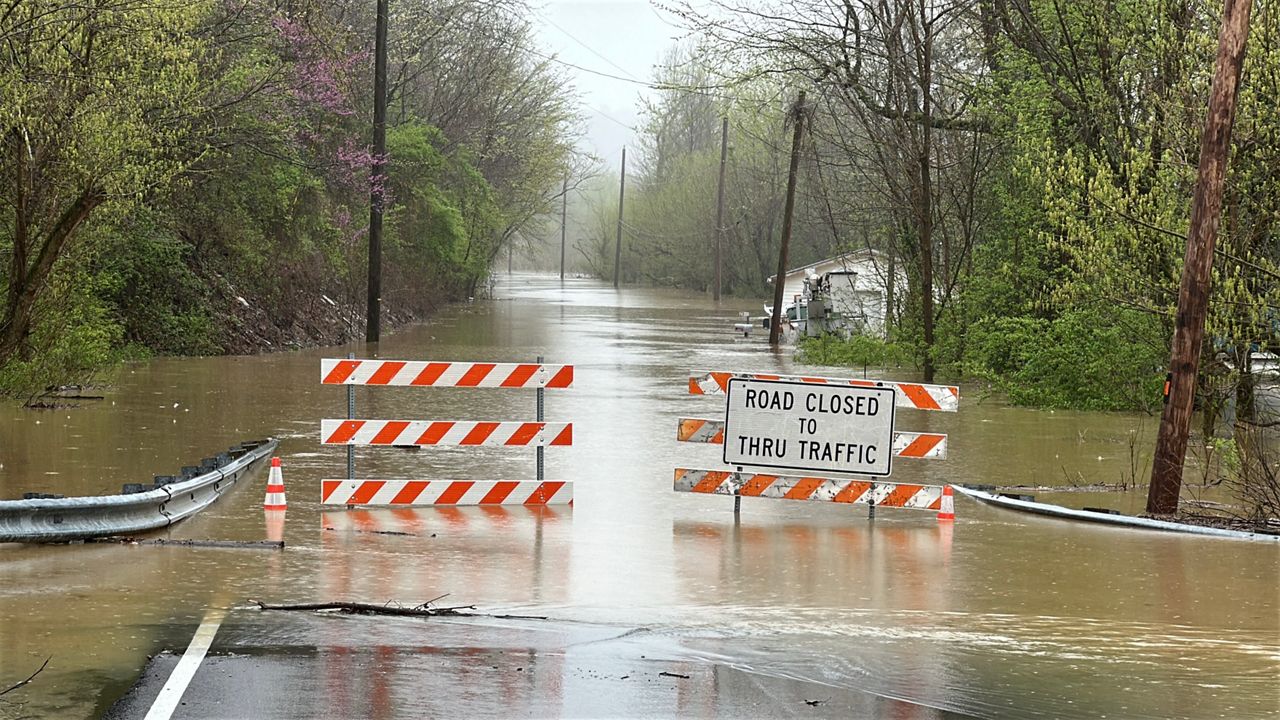LOUISVILLE, Ky. — A bill that seeks to protect health care workers from criminal liability for medical mistakes has passed unanimously through both chambers, and lawmakers believe it enshrines protections for in vitro fertilization.
House Bill 159 easily cleared the State Senate, and will soon be on its way to the governor for action.
“The reason this is a big deal is there’s a way to read this bill where it can provide that protection for IVF providers to make sure they understand that we’re not going to charge them with crimes just for doing the IVF procedures that they do,” State Sen. Cassie Chambers Armstrong, D-Louisville, said.
Chambers Armstrong supports the bill, and says initially IVF was not part of the conversation around HB 159, but adds its broad language could cover the procedure.
“I would prefer that we actually passed a law explicitly addressing IVF just to make sure that there is no uncertainty at all,” Chambers Armstrong said. “But in the absence of that, I do think that people who are working in the IVF space should feel reassured that they have some protection under this new law.”
Last month, the Alabama Supreme Court issued a ruling that put access to the procedure into question. The state’s highest court ruled that frozen embryos are considered unborn children, and would allow for civil lawsuits in the case that an embryo was lost.
In the wake of that decision, several Kentucky lawmakers filed bills to protect IVF, including Chambers Armstrong, and State Sen. Whitney Westerfield, R-Fruit Hill. Westerfield’s family has experienced the benefits of the procedure firsthand.
“Our son, who is now six, is an adopted embryo and the triplets, were expecting our adopted embryos,” Westerfield said. “This is very important to us, and I’m certainly not the only legislator in Kentucky that has a special connection to IVF. There are others that are IVF parents.”
Westerfield adds he’s not seen any opposition to adding these protections.
“This is sort of a threshold question. Should we allow this? Should providers feel safe to do this so that odds are beds feel safe to seek this sort of care? Yes,” Westerfield said. “And I think there’s broad consensus throughout the legislature for that.”
Westerfield’s bill is narrowly tailored around IVF, he says after having conversations with the sponsors of HB 159, he agreed to that bill’s broader wording.
“As I looked at the language, the definition of provider that’s covered under (HB) 169 is quite a bit more lengthy and refers to a number of other chapters of KRS than mine did,” He explained.
Both Westerfield’s bill and Chambers Armstrong’s have stalled in Senate committees.
“I hope that if there continues to be any questions, either from providers or from patients or we see any court rulings that make us nervous, that we can revisit the idea of passing an explicit law about IVF in the future,” Chambers Armstrong added.
Earlier this month Gov. Andy Beshear, D-Kentucky, called the Alabama decision “horrendous” and vowed to do everything he could do to protect IVF access in Kentucky.










